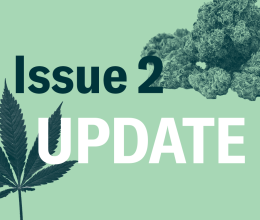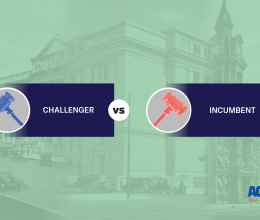I have heard this phrase repeated more times than I can count from police officers, judges, prosecutors, probation officers, sheriffs, and jail administrators; I agree with all of them.
We can’t arrest our way out of this problem.
Our 40 year War on Drugs has come at a tremendous cost, both in human lives and to our local and state budgets.
Despite a great deal of effort and a series of reforms, Ohio is still one of the top ten prison states in the nation that incarcerates more people than any other country in the world. Jails and prisons are still over utilized, and far too many people who get out of jail are not receiving the help they need to stay out for good.
Take Action! Tell ODRC to Save Lives and Taxpayer Money by Supporting Medicaid Enrollment.
Read the ACLU of Ohio’s letter calling on the Ohio Department of Rehabilitation and Correction (ODRC) to require jails to help their outgoing inmates enroll.
Late in 2013, the National ACLU and the Drug Policy Alliance released Healthcare Not Handcuffs, calling for healthcare alternatives to incarceration. Now, Ohio is officially a Medicaid expansion state. But what exactly does that mean?
Before January, 2014, low-income, childless adults under 65 and without a disability were not eligible for Medicaid. Now they are. The federal government will also pay 100 % of the cost for people who are newly eligible for Medicaid from 2014 to 2016, gradually decreasing to 90 % in 2020 and beyond. Additionally, Medicaid coverage for this newly eligible population will cover a number of services, including emergency care; mental health, substance abuse, and behavioral health treatment; and chronic disease management.
This presents a major opportunity for the Ohio Department of Rehabilitation and Correction (ODRC).
Research shows that 90% of those entering local and county jails are uninsured. This indicates that people who come in contact with the criminal justice system are in great need of healthcare. Research also indicates that chronic, behavioral, and mental health needs are high for people involved in the criminal justice system, but the lack of health insurance has been a hurdle to accessing care.
Enrolling people involved in the criminal justice system in Medicaid gives law enforcement agencies and healthcare officials the opportunity to close the revolving jailhouse door, increase safety, decrease recidivism rates, and save both lives and taxpayer money.
Other Medicaid expansion states are working to enroll their jail, probation, and parole populations, and Ohio should do the same. Let’s support successful re-entry and end our reliance on incarceration.
To learn more about leveraging Medicaid expansion to reduce incarceration rates, read the following resources:
Medicaid Expansion and the Local Criminal Justice System, featured in American Jails
Leveraging National Health Reform to Reduce Recidivism & Build Recovery






